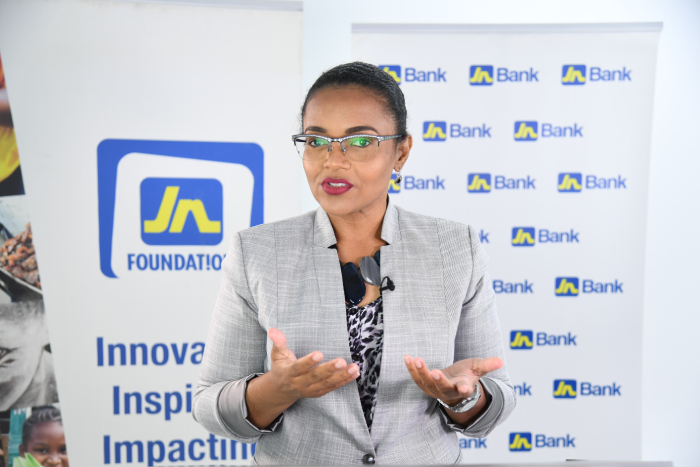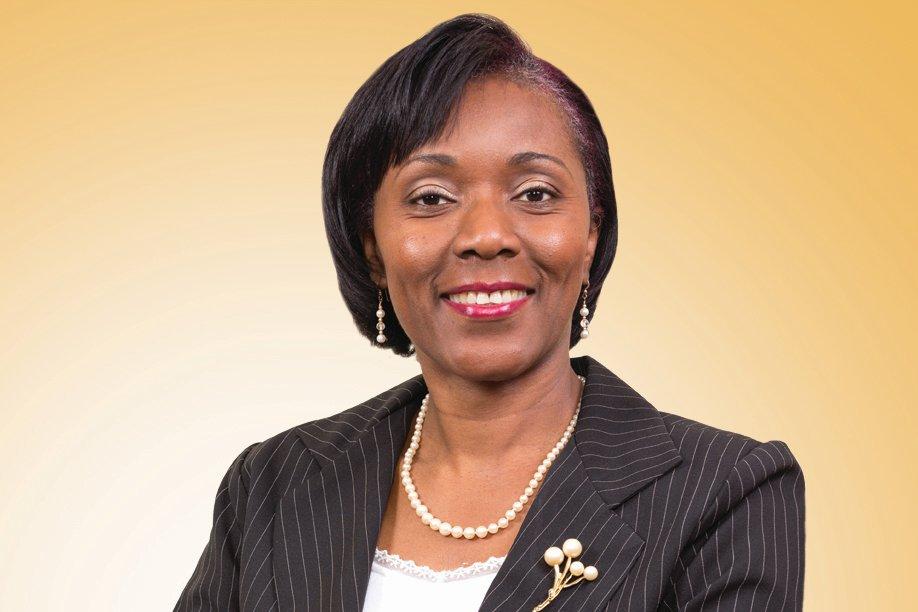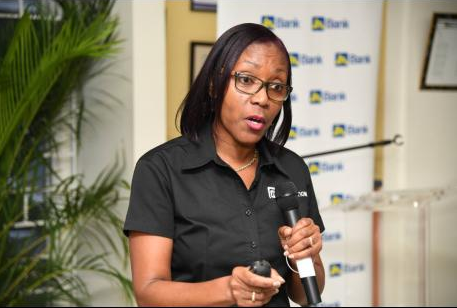JN Foundation to Host Investment Summer Camp
The JN Foundation will host its inaugural Young Investors’ summer camp for young people between 12 and 17 years-old, as it aims to tap into their growing interest in investing.
The camp is scheduled for July 20 to 22 under the theme ‘Building the Young Investor’ and will be held virtually on the Zoom platform.
“A survey carried out among high school students by the JN Foundation found that young persons wanted to know more about investing. It is heart-warming to know that our young people are interested in learning about investing,” disclosed Claudine Allen, general manager, JN Foundation.
Ms Allen noted that the three-day camp will seek to build the capacity of participants by promoting an understanding of investment concepts and various types of investment vehicles. It will also provide participants with basic knowledge about, and an appreciation for the role, function and value of the Jamaica Stock Exchange (JSE) to the economy and wealth creation.
Other areas of focus include stock trading, cryptocurrency and mutual funds.
“The aim is to achieve a greater level of financial literacy and awareness among participants in the summer camp. It will be an exciting summer camp with prizes and surprises. We invite children to register for the camp,” Ms Allen said.
Persons can register for the summer camp by visiting the JN Foundation website at https://www.jnfoundation.com/.
Among the organisations which will be making presentations at the camp are representatives of the JSE, Carib DAO, as well as representatives from JN Group member companies: JN Fund Managers, JN Bank and MC Systems. Selected participants will also get the opportunity pay courtesy calls on senior management personnel of both JN Fund Managers and JN Bank.
The summer camp is being executed under the JN Foundation BeWi$e Financial Empowerment programme which has, for close to a decade been bringing financial literacy to Jamaicans through training at various institutions and organisations across Jamaica. The aim is to raise the level of financial literacy and improve money management skill among Jamaicans.
The BeWi$e workshops promote the idea that with knowledge of the right tools, discipline and commitment, persons can achieve financial security and financial independence.
The programme has attained a high level of success at the JN Foundation, as individuals become more aware of the value and importance of proper money management in achieving financial success, and has over the years, transformed lives and provide hope as participants embrace their role and responsibility in their quest for financial freedom.










